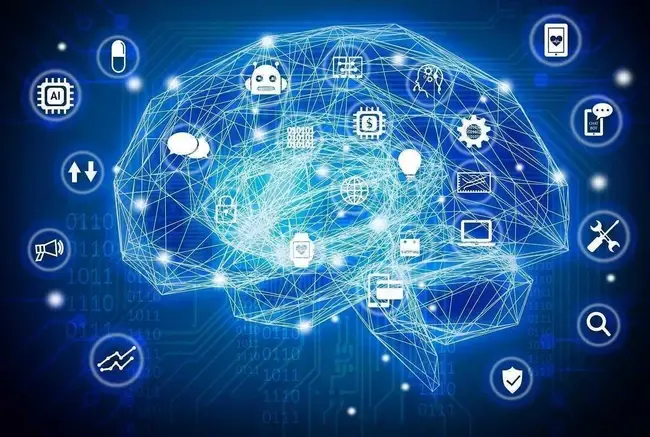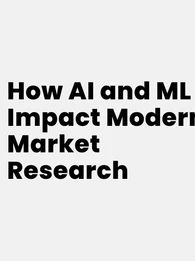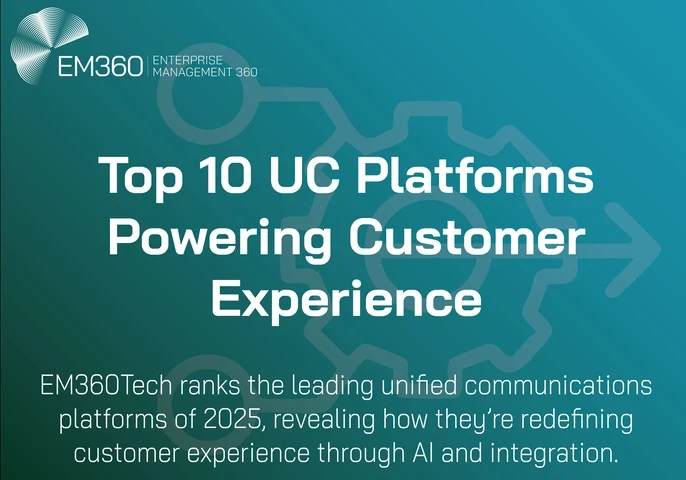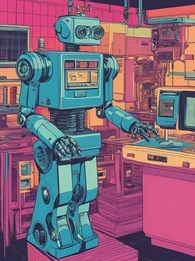
What is artificial intelligence? Generally speaking, people tend to define AI as computer systems that can mimic human intelligence.
If a computer system can demonstrate AI which is indistinguishable from human intelligence, it is said to have passed the “Turing test”, a benchmark named after the famous computer scientist Alan Turing.
Many companies are developing AI systems to give computers the ability to perform tasks such as visual perception, speech recognition and language translation.
If a computer could perform these tasks as proficiently as a human, it would open up entirely new markets for many businesses.
Here, we list 10 enterprises which are thought to be leading the way in developing AI systems.







Comments ( 0 )